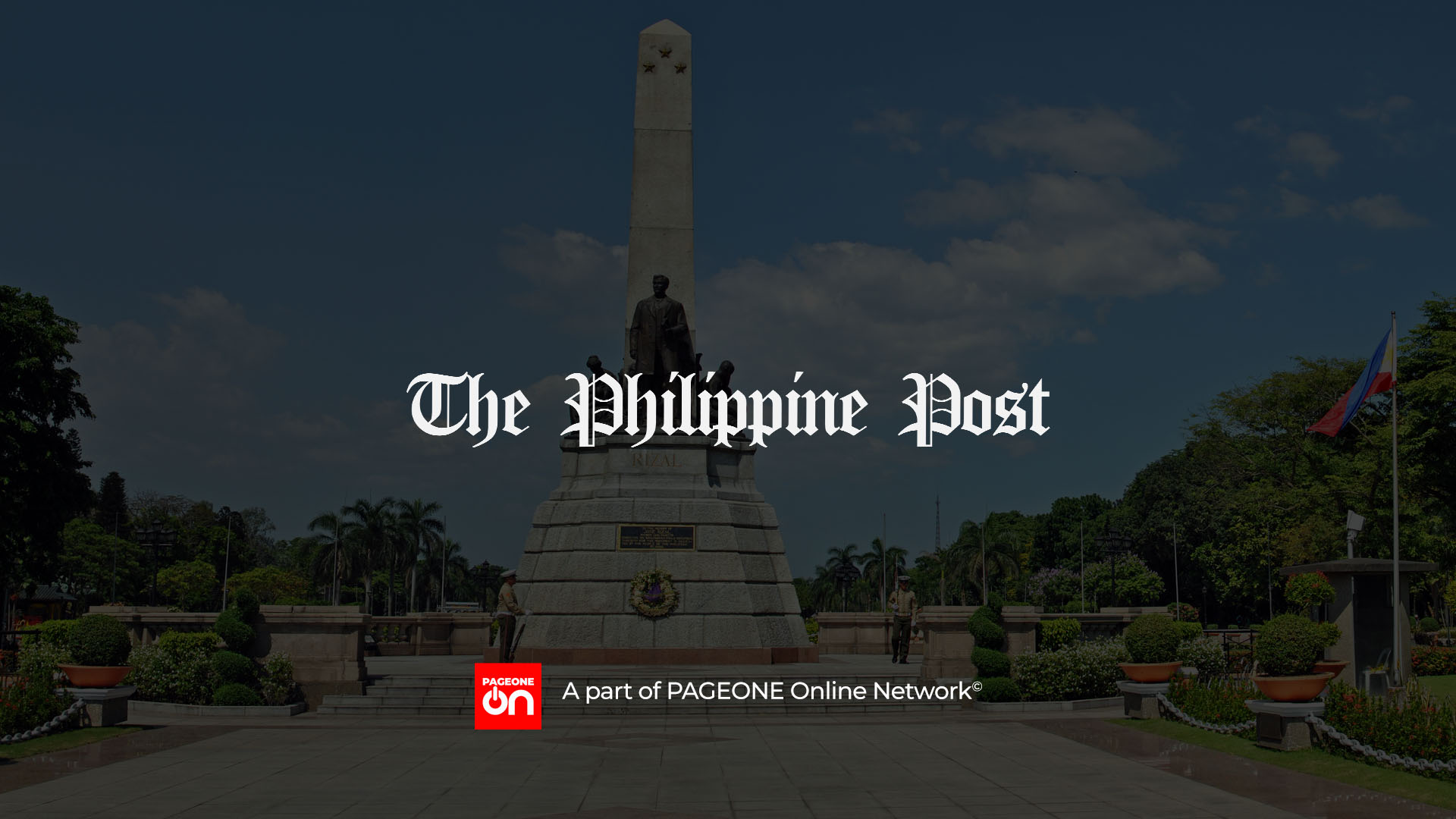The Department of Social Welfare and Development (DSWD) in Central Visayas has allotted a PHP150-million budget this year for its Sustainable Livelihood Program (SLP), which seeks to help marginalized families affected by the community quarantine amid the coronavirus disease (Covid-19) pandemic.
Rebecca Geamala, DSWD-7 regional head, said families who belong to the informal economy — those who are not part of the formal labor force — can apply for such livelihood grant from the agency.
“We can assist those families who are affected by the current crisis,” said Geamala, who was a guest at an online presser hosted by the Office of the Presidential Assistant for the Visayas (OPAV).
SLP is DSWD’s livelihood program that is open to all eligible poor, vulnerable and marginalized households.
This program, Geamala said, helps improve the socio-economic conditions of poor households by giving them access to necessary assets to engage in and maintain thriving livelihoods.
“So our beneficiaries will identify what type of projects they want to engage in, make a proposal and we will assess for possible funding,” she said.
Those who are interested to avail of the livelihood grant may visit the nearest field office of DSWD in their area and seek assistance from their project development officers (PDOs).
“Our PDOs will help them in the process and assess their proposals,” Geamala said.
Under SLP, beneficiaries are given the option to register in either the Microenterprise Development (MD) track or the Employment Facilitation (EF) track after participating in social preparation and capacity-building activities.
The program provides a maximum of PHP15,000-livelihood fund to an eligible beneficiary. The funding may depend on the viability of a certain proposal.
Beneficiaries usually engage in community-based micro-enterprises such as sari-sari store, hog raising and vending, Geamala said.
“Through this, we are helping beneficiaries attain a sustainable livelihood, augment their income and provide for their needs,” she said.
SLP could engage a maximum of two members per household but each shall pursue different program tracks.
Qualified participants for the MD track must be at least 16 years old, while those for the EF track must be 18 years old upon employment, following the legal employment standards.
Once identified as poor, beneficiaries may proceed with the succeeding SLP activities. If identified as non-poor, however, they will be referred to other appropriate institutions of the government. (PNA)




















